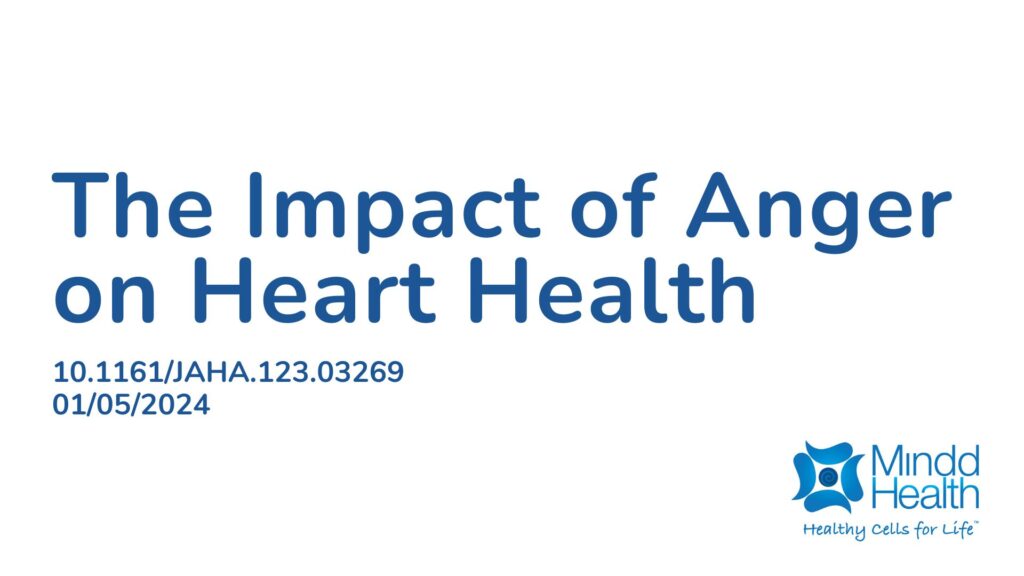Summary:
Atherosclerosis involves the buildup of lipids and other substances in the walls of arteries, contributing to cardiovascular disease (CVD). When plaques rupture, they can cause blood clots, leading to heart attacks or strokes. Researchers have long explored the early factors that contribute to atherosclerosis, including the role of psychological stress. Since the 1950s, certain personality traits such as competitiveness, time urgency, and aggression have been linked to higher CVD risk. In particular, anger has been consistently associated with increased chances of acute cardiovascular events. This study aimed to examine how acute emotional experiences impact cardiovascular function, focusing primarily on anger and secondarily on anxiety and sadness. In a randomized controlled trial involving 280 healthy adults, participants were assigned to an 8-minute task designed to provoke anger, anxiety, sadness, or a neutral emotional state. Researchers measured changes in vascular function and cellular markers of heart health before and 40 minutes after the task. Results showed that anger significantly reduced vasodilation compared to the neutral condition. The effect of anxiety approached statistical significance, while sadness had no significant effect. In conclusion, a brief episode of anger was enough to impair vascular function in healthy individuals. These findings support the idea that negative emotions, particularly anger, can have immediate adverse effects on heart and blood vessel health.
Abstract:
Background: Provoked anger is associated with an increased risk of cardiovascular disease events. The underlying mechanism linking provoked anger as well as other core negative emotions including anxiety and sadness to cardiovascular disease remain unknown. The study objective was to examine the acute effects of provoked anger, and secondarily, anxiety and sadness on endothelial cell health. Methods and Results: Apparently healthy adult participants (n=280) were randomized to an 8‐minute anger recall task, a depressed mood recall task, an anxiety recall task, or an emotionally neutral condition. Pre−/post‐assessments of endothelial health including endothelium‐dependent vasodilation (reactive hyperemia index), circulating endothelial cell‐derived microparticles (CD62E+, CD31+/CD42−, and CD31+/Annexin V+) and circulating bone marrow‐derived endothelial progenitor cells (CD34+/CD133+/kinase insert domain receptor+ endothelial progenitor cells and CD34+/kinase insert domain receptor+ endothelial progenitor cells) were measured. There was a group×time interaction for the anger versus neutral condition on the change in reactive hyperemia index score from baseline to 40 minutes (P=0.007) with a mean±SD change in reactive hyperemia index score of 0.20±0.67 and 0.50±0.60 in the anger and neutral conditions, respectively. For the change in reactive hyperemia index score, the anxiety versus neutral condition group by time interaction approached but did not reach statistical significance (P=0.054), and the sadness versus neutral condition group by time interaction was not statistically significant (P=0.160). There were no consistent statistically significant group×time interactions for the anger, anxiety, and sadness versus neutral condition on endothelial cell‐derived microparticles and endothelial progenitor cells from baseline to 40 minutes. Conclusion: In this randomized controlled experimental study, a brief provocation of anger adversely affected endothelial cell health by impairing endothelium‐dependent vasodilation.
Article Publication Date: 01/05/2024
DOI: 10.1161/JAHA.123.03269



